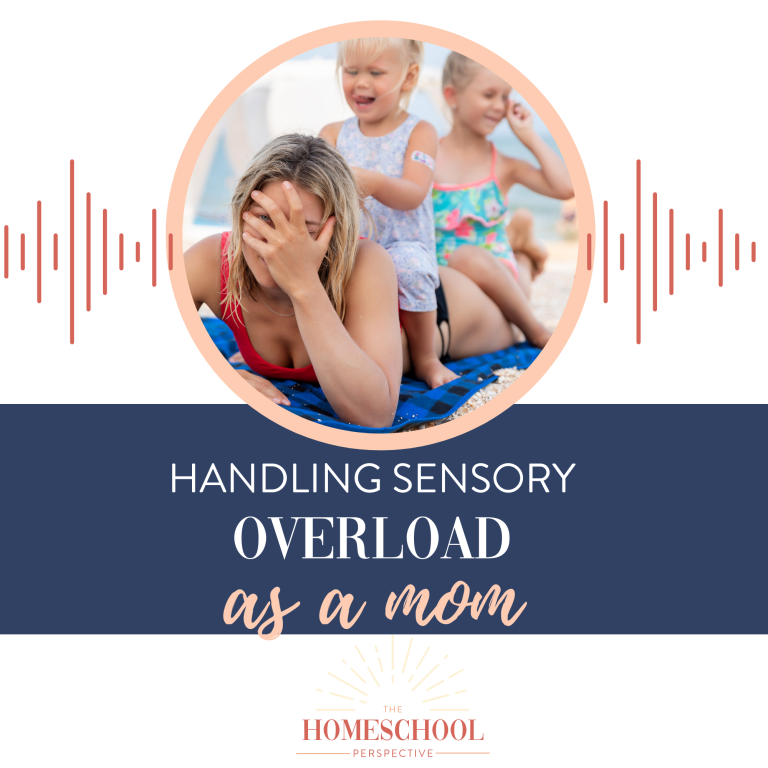Goal setting: essential or optionaL?
As we step into a new homeschool year, the air is buzzing with the excitement of fresh starts and new possibilities. In our latest episode of The Homeschool Perspective, we’re tackling a topic that every homeschooling parent has faced—goal setting.
Whether you’re a seasoned pro or just starting out, setting goals can be both exciting and overwhelming. But do you really need them to homeschool well? Or is there a more flexible, less stressful approach that could work better for you and your kids? Let’s dive in!
The importance of goal-setting cannot be understated. As Ally puts it, having goals helps provide direction and fosters a growth mindset. However, it’s crucial that these goals are set collaboratively with your children. This ensures they have buy-in and feel a sense of ownership over their learning journey.
Life happens, and sometimes we need to adjust or even pause our goals. Whether it’s due to illness, caregiving, or any other unexpected event, it’s important to remember that flexibility is key. Goals should act as a guiding light, not a rigid path. Sometimes goals need to shift to accommodate life’s curveballs.
Practical Tips for Homeschool Goal Setting
- Involve Your Children: Let your kids participate in setting their own goals. This gives them a sense of ownership and motivation.
- Balance Academics and Character Development: Separate academic goals from character goals to ensure a holistic approach to your child’s growth.
- Stay Flexible: Be ready to adapt and adjust goals as life changes. Flexibility can reduce stress and make homeschooling more enjoyable.
- Encourage a Growth Mindset: Frame goals as exciting challenges rather than strict mandates. Allow room for failure and learning.
- Focus on Connection: Use goal-setting discussions as a way to connect with your children and understand their interests and passions.
Ultimately, the best approach to goal-setting is the one that fits your family’s unique needs and dynamics. Whether you prefer a structured system or a more flexible, conversational approach, the key is to involve your children in the process and make it a part of your family’s culture. Remember, there’s no right or wrong way to do this. The goal is to nurture a love for learning and personal growth in your children, and how you achieve that is entirely up to you.
Key Takeaways:
- There’s no one-size-fits-all approach to goal setting in homeschooling. It’s about finding what works best for your family.
- Goals should be a guiding light, not a rigid mandate. Flexibility is key.
- Involving your kids in the process helps them take ownership and builds valuable life skills.
- It’s okay to hit pause on goals during challenging times—what matters is the growth and learning that happens along the way.
Books Mentioned:
- Raising Mentally Strong Kids by Faye and Amin
- Love and Logic by Charles Fay and Jim Fay
- Easy to Love, Difficult to Discipline by Dr. Becky Bailey






